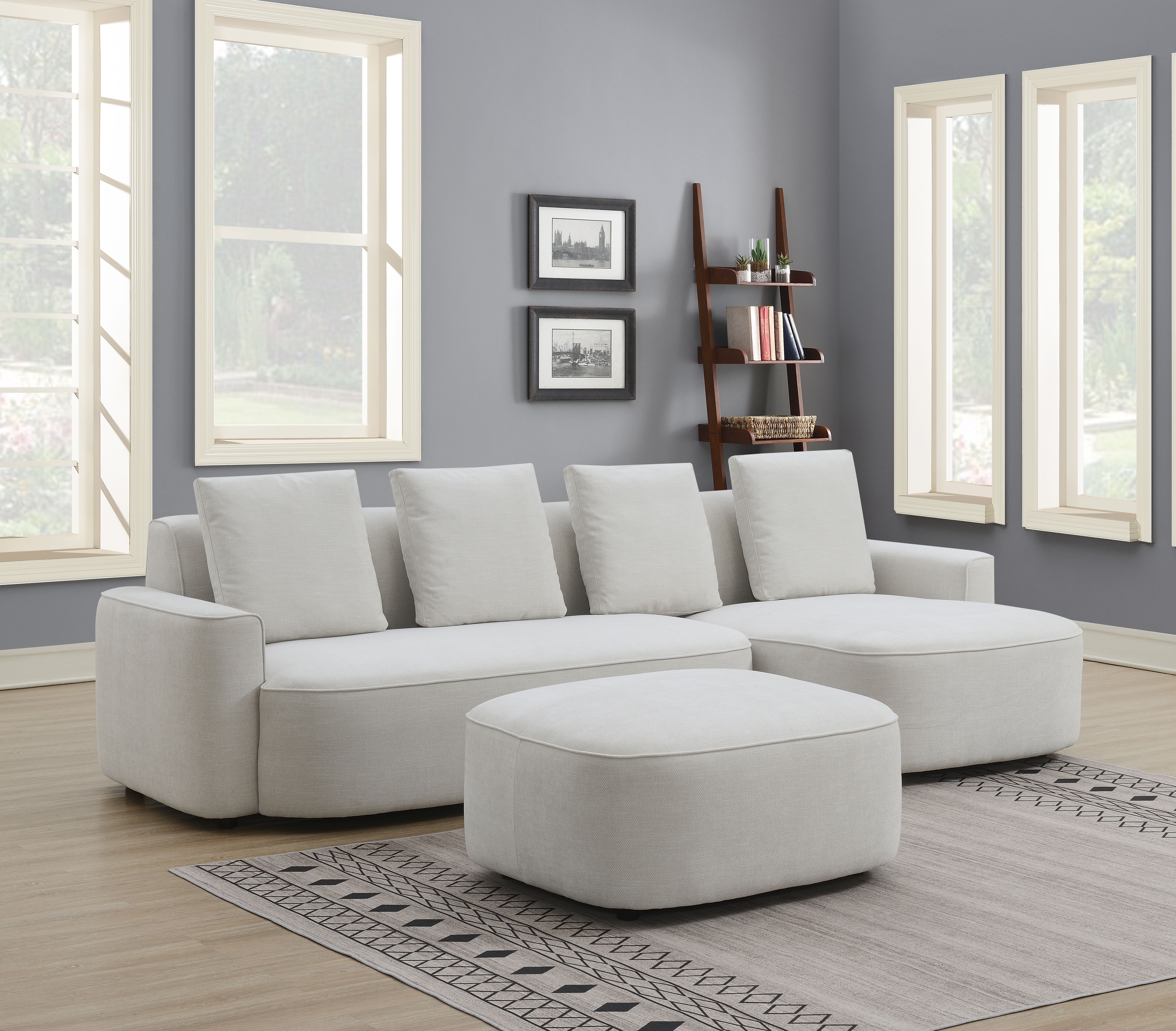Retail Partnerships or DTC? Finding Your Best Fit in the UK Furniture Market
)
The UK furniture market is poised for significant growth, with a projected value of over USD 24.25 billion by 2025. With such an expansive market ahead, independent furniture brands face an important decision: should they focus on retail partnerships, or build a direct-to-consumer (DTC) brand? Both models have clear advantages, but the right choice will depend on your business goals, available resources, and target audience.
 Retail Partnerships: Pros and Cons
Retail Partnerships: Pros and Cons
Pros:
-
Wider Reach and Established Footfall: Partnering with established retailers and department stores gives brands access to large, ready-made customer bases and prime physical locations. This is invaluable for smaller brands or those looking for rapid exposure.
-
Shared Marketing and Logistics: By working with retailers, brands benefit from shared marketing efforts, in-store merchandising, and logistics, reducing the operational strain on suppliers.
-
Trust and Credibility: Being featured in respected retail spaces can enhance a brand’s credibility and perceived quality, offering a boost in consumer trust.
Cons:
-
Lower Margins: Retailers often take a considerable percentage, meaning profit margins for suppliers can be squeezed.
-
Less Control: Brands may have limited influence over the customer experience, pricing, or how their products are promoted and displayed in-store.
-
Dependency Risks: Heavy reliance on a small number of retail partners can be risky, particularly if relationships change or the retailer faces challenges.
Example: Many UK-based furniture brands, especially those that specialise in bespoke or modular designs, have achieved success by partnering with major department stores and online retailers. This strategy enables them to reach a broad audience quickly, but often sacrifices direct brand-building opportunities and access to customer data.
Direct-to-Consumer (DTC): Pros and Cons
Pros:
-
Higher Margins: Selling directly to consumers allows brands to retain a larger share of each sale, which can significantly boost profitability.
-
Full Brand Control: DTC brands have full control over the customer journey, including marketing, storytelling, and after-sales service. This allows them to build a consistent and strong brand identity.
-
Customer Data and Loyalty: A direct relationship with customers allows brands to collect valuable data, personalise experiences, and foster long-term loyalty.
Cons:
-
Higher Upfront Costs: Building a successful DTC business requires significant investment in e-commerce platforms, digital marketing, and logistics, all of which can be costly upfront.
-
Slower Initial Growth: Without the immediate reach of retail partnerships, DTC brands often experience slower growth. Building awareness and attracting customers requires time and effort.
-
Logistical Challenges: Managing warehousing, shipping, and returns can be particularly complex and expensive for large or bulky items like furniture.
Example: The UK’s growing e-commerce sector, which saw 30.1% of all retail sales happen online in December 2024, has allowed many furniture brands to thrive with a DTC approach. Brands offering customisation options, virtual showrooms, and seamless online experiences are resonating particularly well with younger, urban buyers who prioritise convenience and personalisation.
 Hybrid Approaches: Combining the Best of Both Worlds
Hybrid Approaches: Combining the Best of Both Worlds
As the market continues to evolve, many brands are adopting hybrid strategies—balancing retail partnerships for broad exposure with DTC channels for deeper customer engagement. This approach allows businesses to enjoy the benefits of both models, while mitigating some of the limitations.
Customization and Experience: The growing demand for personalised, space-efficient, and sustainable furniture is driving brands to innovate. Many are investing in both in-store experiences and digital innovations to meet consumer expectations.
Competitive Landscape: With nearly 600 new furniture businesses registering in the UK in just one month in 2025, the competition is fierce. To stand out, brands must differentiate themselves, whether through exclusive retail partnerships, unique DTC experiences, or a combination of both.
Which Model Works Best?
There’s no one-size-fits-all answer to the retail partnerships vs. DTC question. Retail partnerships offer quick scale and utilise established infrastructure, while DTC gives brands more control and a stronger relationship with customers. For many UK furniture brands, the most effective strategy lies in carefully balancing both approaches.
The most successful brands in the UK furniture market are those that remain agile, using retail partnerships to scale their reach while building strong, loyal customer relationships through DTC channels. By understanding the strengths and challenges of each model, independent retailers and buyers can craft a strategy that fits their unique goals in this dynamic and growing market.
If you’re looking to explore the latest trends, discover innovative approaches, and connect with industry peers, join us at the Manchester Furniture Show at Manchester Central on 6-7 July 2025.
We look forward to seeing you there!
